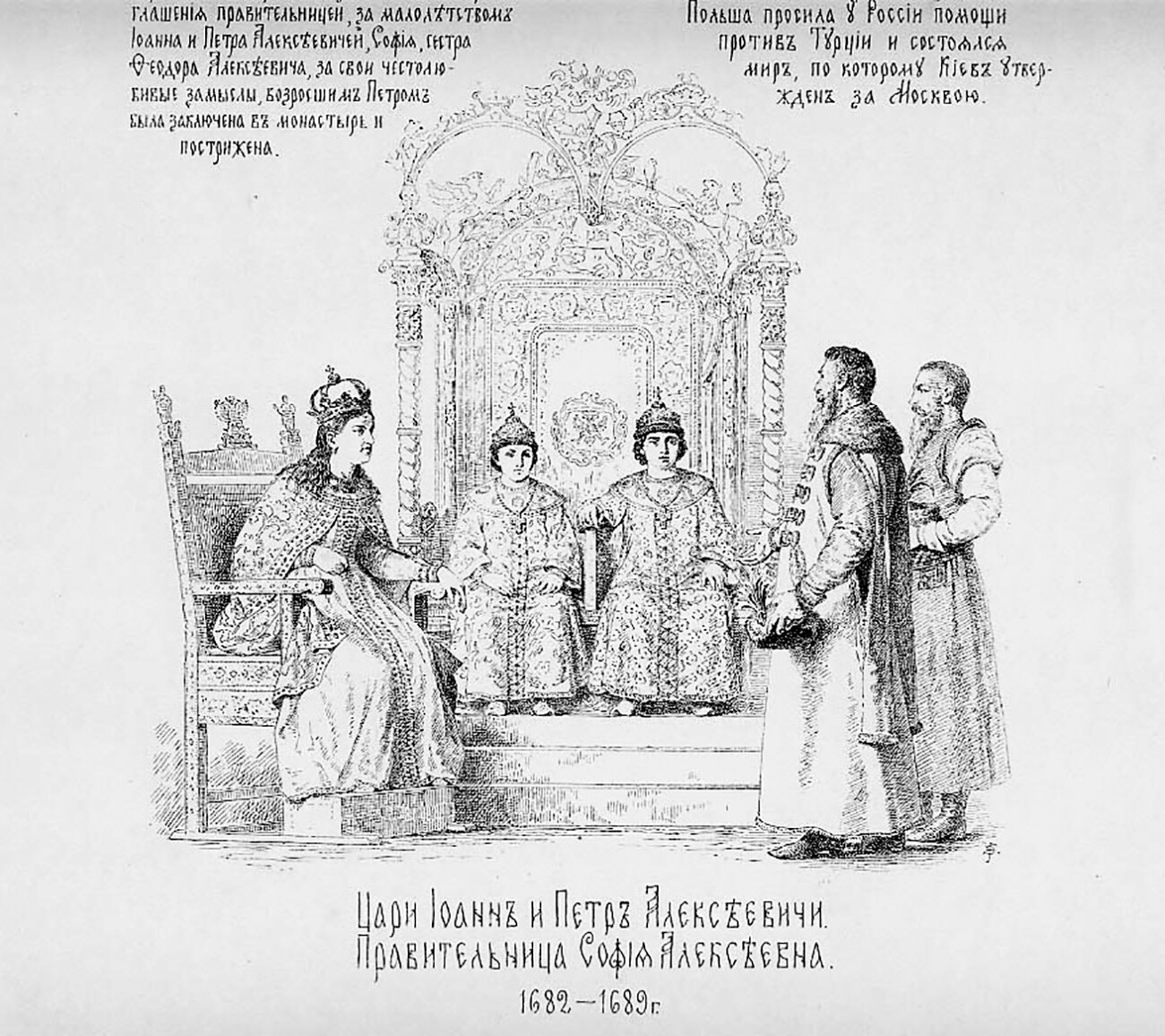
Now the phrase "We, Nicholas II" is used only ironically. However, monarchs did call themselves "we" instead of "I," which was the tradition.
This use of the pronoun is called Pluralis majestatis (Latin for "plural grandeur"). The tradition has religious origins: in the Tanakh (the Hebrew name for the Bible), God's name is used in the plural because God exists as three entities but is one being. Rulers speak of themselves and address one another in the plural: "And Absalom said to Ahithophel, 'Give us counsel, what shall we do?’” (Book of Samuel 2:16).
In the case of the rulers of nations, the meaning of Pluralis majestatis is that they represent not only themselves, but also the nation, the people they lead.
The first of the rulers of Russia, who began to use in the official title Pluralis majestatis, was Grand Duke Vasily III of Moscow, the father of Ivan the Terrible. His title began, "By God's blessing, we, the great sovereign Vasily..."
His son Ivan the Terrible interspersed "we" with "I" in his private correspondence (for example, with Prince Andrei Kurbsky), speaking of himself in the singular in the most emotional parts of his letters, without including his official title Pluralis majestatis. Beginning with Alexei Mikhailovich, Pluralis majestatis is used in all official titles until Nicholas II.

Tsars Peter and Ivan and their sister and regent Sofia
Vassiliy VereshchaginThere is a popular myth that "we" began to be used for sovereigns in Russia since the paternal brothers Ivan and Peter Alexeyevich were on the throne together from 1682 to 1689. Ivan and Pyotr did sign official documents, where they were mentioned at the same time, for example, the transitory letter to the high-ranking official Fedor Golovin of January 20, 1685 ("From the Tsars and Grand Dukes Ivan Alexeevich, Peter Alexeevich of all Great and Small and White Russia Autocrats"). But such plural form already existed in Russian. The rulers used it both before and after Ivan and Peter.
Dear readers,
Our website and social media accounts are under threat of being restricted or banned, due to the current circumstances. So, to keep up with our latest content, simply do the following:
If using any of Russia Beyond's content, partly or in full, always provide an active hyperlink to the original material.
Subscribe
to our newsletter!
Get the week's best stories straight to your inbox